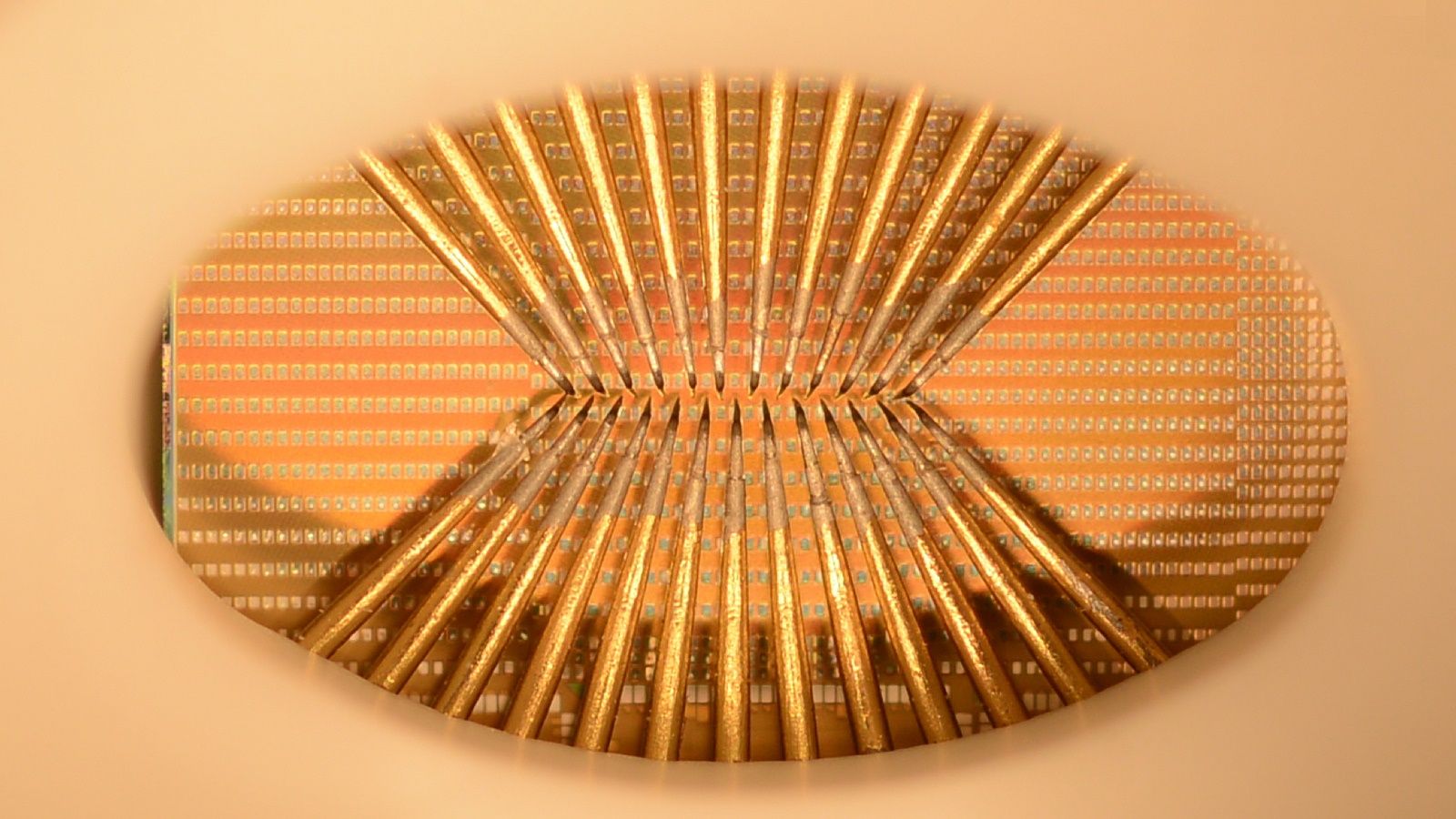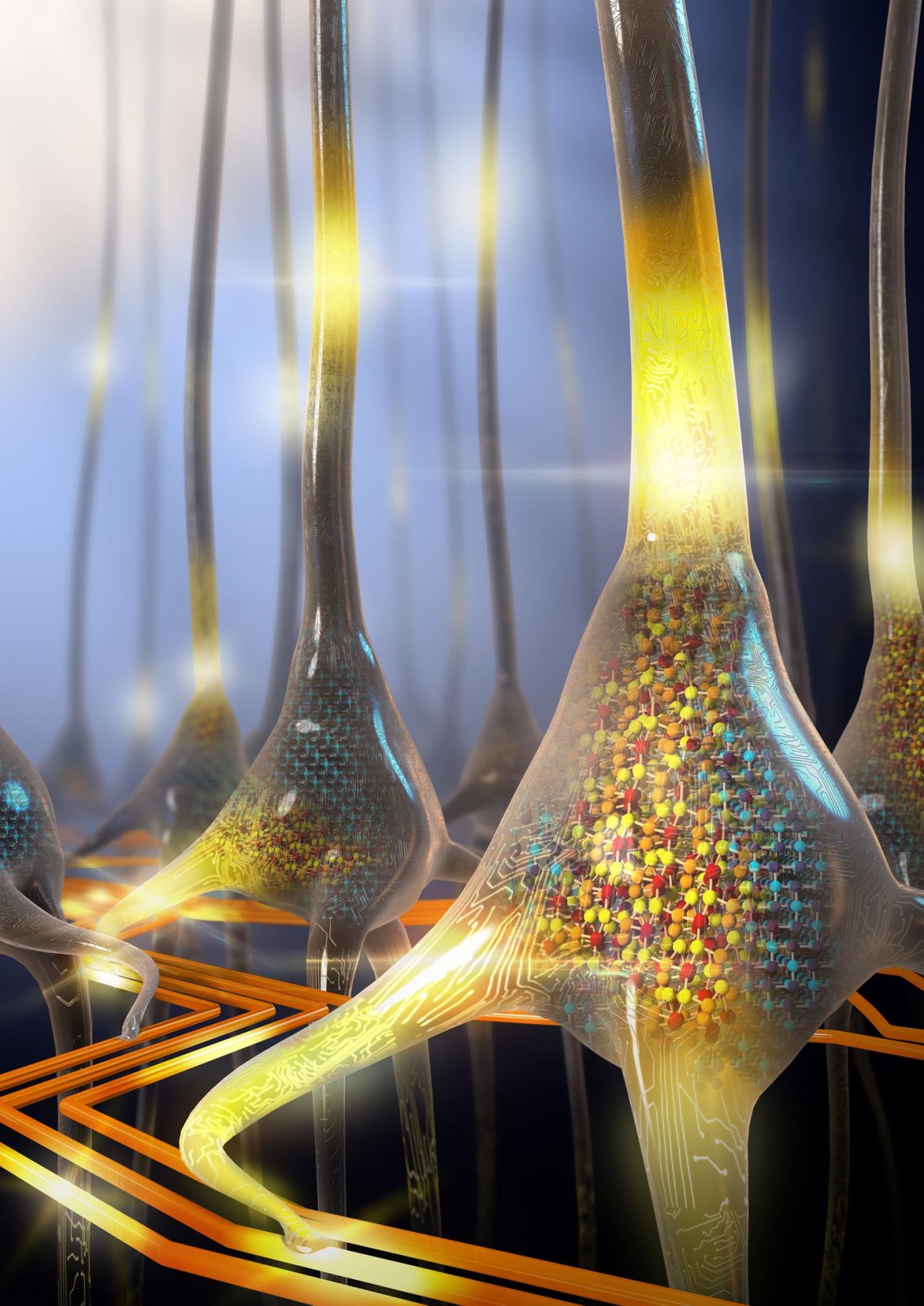
Researchers at IBM have created artificial neurons that mimic the human brain in the way they store and process data, allowing them to learn unsupervised.
The study, published Wednesday in the journal Nature Nanotechnology, is a significant step forward in developing energy-efficient and ultra-dense hardware comparable to those seen in biology.
The artificial neurons were made using special materials called phase-change materials, which form the basis of re-writable Blu-ray discs. However, the artificial neurons do not store digital information; they are analog, just like the synapses and neurons in our biological brain.
"We used the so-called phase-change nanoscale devices to emulate how the neurons in the brain operate," co-author Abu Sebastian from IBM Research tells Newsweek. "The whole idea is that by realizing neurons and synapses using these nanoscale devices, we can actually bring down the size of the processor.
"If you look at the human brain, we have 100 billion neurons, and each neuron has 10,000 synapses. So if you want to make a processor with that many elements it would be a daunting task. It would be extremely interesting to bring down the size of these devices, as well as the area consumption. So this is major selling point for our work."

As well as advancing the understanding of how the human brain functions, the research could also have a number of real-world applications, most notably with Internet of Things devices—such as internet-connected fridges, light bulbs and smartwatches.
The artificial neurons could also detect patterns in financial transactions to find discrepancies or use data from social media to discover new cultural trends in real time.
"We have a two-pronged approach, where one side we're trying to advance the scientific understanding of how the brain works and whether we can realize it using these kinds of nanoscale devices," Sebastian says. "And the other side of it is trying to see how we could channel it into real-world applications."
Uncommon Knowledge
Newsweek is committed to challenging conventional wisdom and finding connections in the search for common ground.
Newsweek is committed to challenging conventional wisdom and finding connections in the search for common ground.
About the writer
Anthony Cuthbertson is a staff writer at Newsweek, based in London.
Anthony's awards include Digital Writer of the Year (Online ... Read more
To read how Newsweek uses AI as a newsroom tool, Click here.








